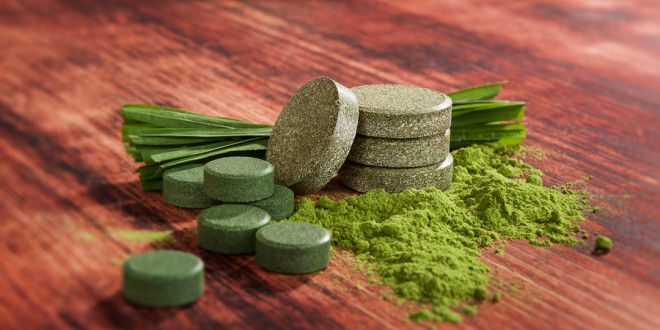Qi and blood are core concepts in traditional Chinese medicine theory, encompassing the body’s vitality and blood quality, which are interdependent and collectively maintain overall health. Qi signifies vitality, with abundance indicating health and deficiency indicating weakness; blood, on the other hand, directly nourishes life and influences overall health. A rosy complexion is considered a sign of sufficient qi and blood, while a dull complexion may indicate deficiency.
Qi deficiency manifests as a decline in overall bodily functions, such as extreme aversion to cold where even in summer, hands and feet feel icy. Women are particularly sensitive, with the uterus vulnerable to cold invasion, which may be detected by doctors during pregnancy examinations. Qi deficiency not only affects the mother but can also be hereditary, so timely adjustment is crucial to avoid impacting the health of both the mother and the fetus. The lack of qi can also lead to poor circulation, resulting in symptoms like dizziness, tinnitus, lower back pain, and lumbago.
Blood deficiency means that the blood cannot adequately nourish the body, leading to fatigue, weakness, mental fatigue, and potential menstrual irregularities in women. Maintaining full qi and blood is the cornerstone of good health.
There are various reasons for qi and blood deficiency, including poor inherited qi and blood conditions from the mother, though uncommon, it does exist. Postnatal factors are more common, such as irregular lifestyle habits and unhealthy dietary preferences like a love for spicy, high-sugar, late-night eating, and out-of-season foods, severely damaging organs like the spleen, liver, and stomach, affecting the production of qi and blood. Merely replenishing is insufficient; lifestyle adjustments are necessary.
Improving qi and blood deficiency requires comprehensive measures. Firstly, establishing a healthy lifestyle consistently is key, rather than temporary changes. Fully altering past unhealthy habits to avoid fleeting treatment effects is crucial. Cultivating healthy eating habits, reducing dining out, cooking at home, avoiding cold foods, and consuming warm-natured foods such as fish, eggs, whole grains can improve physical health. Additionally, moderate exercise to promote blood circulation, enhance qi and blood vitality, particularly regulating the menstrual cycle in women, aids in toxin elimination and maintains family happiness and well-being.
In summary, the key to regulating qi and blood lies in the correctness and consistency of methods. Proper adjustment strategies can effectively enhance qi and blood levels, promoting holistic health. Therefore, when faced with qi and blood deficiency, rational and scientific adjustments should be made, avoiding impulsive actions.


